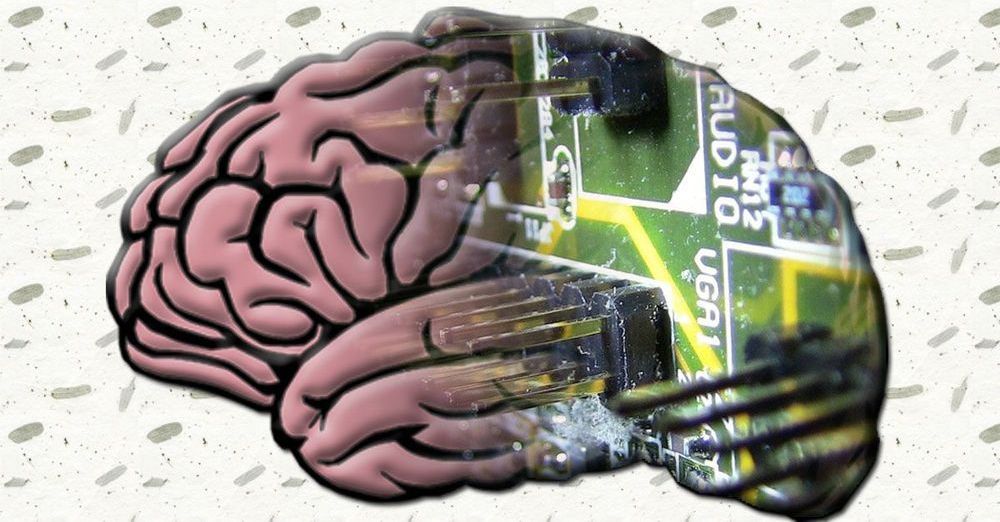Researchers from Carnegie Mellon and the University of Pittsburgh today published research showing how they’d solved a frustrating problem for people who use a brain-computer interface (BCI) to control prosthetic devices with their thoughts.
While the research itself is interesting – they created an algorithm that keeps the devices from constantly needing to be re-calibrated to handle the human brain’s fluctuating neuronal activity – the real takeaway here is how close we are to a universal BCI.
BCIs have been around for decades in one form or another, but they’re costly to maintain and difficult to keep working properly. Currently they only make sense for narrow use – specifically, in the case of those who’ve lost limbs. Because they’re already used to using their brain to control an appendage, it’s easier for scientists and researchers to harness those brainwaves to control prosthetic devices.
